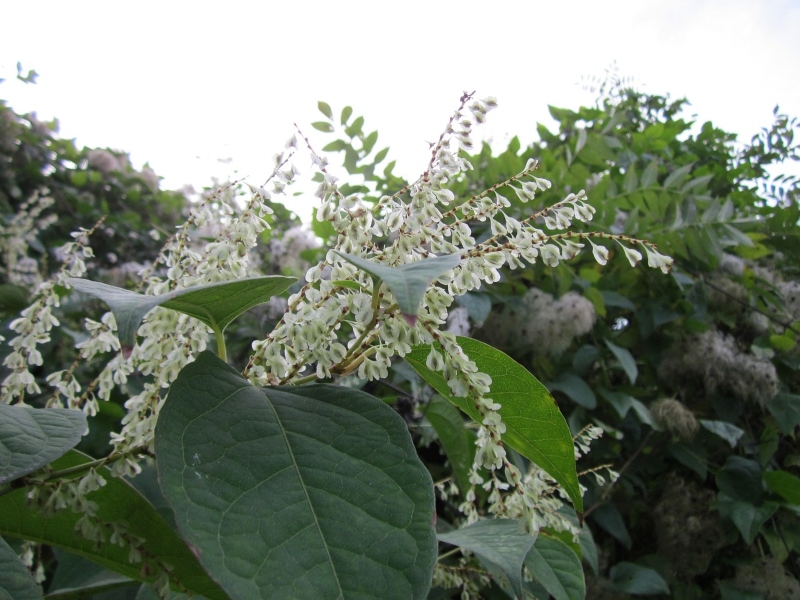
In the UK, we have 1390 native plant species, and over 1100 non-native plant species. In total, only 36 of these species are classed as invasive plants. So, what is an invasive plant, and how do you classify an invasive plant?
What is an invasive plant?
An invasive plant can be defined as a non-native species of plant that grows rapidly, causing excessive damage to the area surrounding it.
What makes a plant invasive?
Invasive plant species tend to harm the ecosystems surrounding it. They can become threats to existing native plants by:
- Slowly making other plants go extinct.
- Slowly altering the surrounding habitat due to excessive overgrowth.
- Competing with native plants for nutrients and water.
UK laws surrounding invasive plants
The UK government published a list of 36 species that are of special concern due to their invasiveness, their ability to grow and spread in different countries, and the problems they cause for the UK's environment and existing ecosystems.
This list is also supported by the Wildlife and Countryside Act (WCA) 1981. This government legislation document lists plant species that are banned from being planted or grown - and Japanese knotweed is one of them.
The UK have restrictions on these invasive plants, stating that you must not do any of the following with them:
It is important to note that this also applies to any live part of the invasive plant, including seeds, cuttings, or hybrids of these invasive plant species.
Example of an invasive plant species
As you can probably guess, Japanese knotweed (Fallopia japonica) is one of the most invasive plant species. According to the rationale within the Wildlife and Countryside Act of 1981:
"The problems caused by the introduction of this species into the wild are enormous. Japanese knotweed is one of the most pernicious (destructing) weeds in Britain
It can colonise habitats, including river banks, woodlands, grasslands and coastal habitats. It grows through walls, tarmac, and concrete and causes significant problems wherever it goes"
In fact, Japanese knotweed is so invasive that any Earth or soil contaminated by must be treated as 'controlled waste', meaning it is extremely difficult to get rid of without the help of professionals. Japanese knotweed removal requires the help of knotweed removal specialists so they can remove the deep, ingrained rhizomes and dispose of the knotweed waste safely and according to the law.
If the tiniest piece of a Japanese knotweed rhizome remains in the soil, it could grow back rapidly which could result in legal repercussions - so, it's better to call in the professionals if you think you have Japanese knotweed present on your property!
Invasive plant removal services
If you’re concerned that you might have an invasive plant on your property, fill in our quick and easy form to start the process of booking your invasive plant survey today! Unlike other invasive plant treatment facilities, our surveys are completely free, even if you choose not to go ahead with one of our treatment plans.
FREE Invasive Plant Survey
